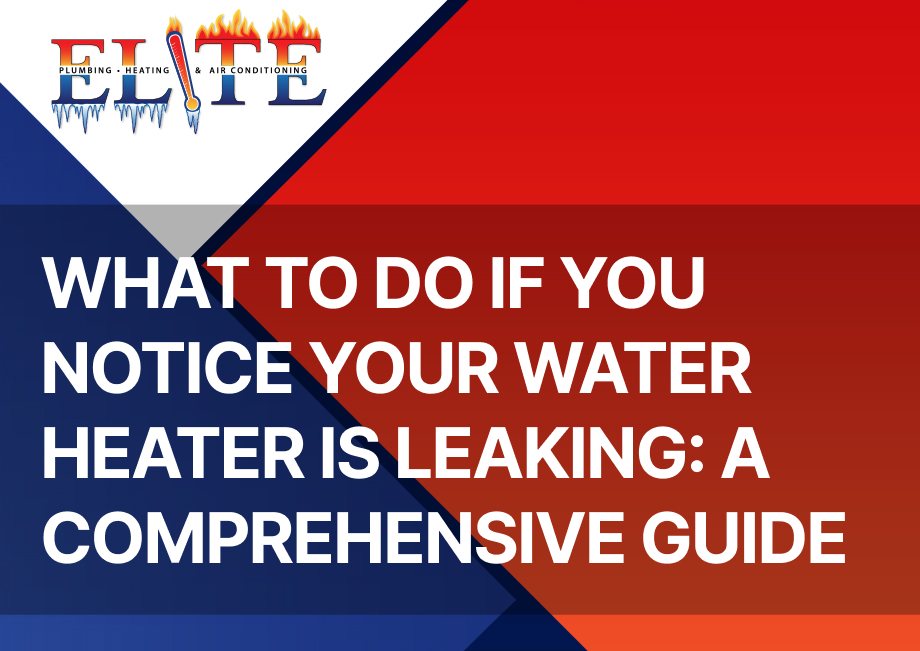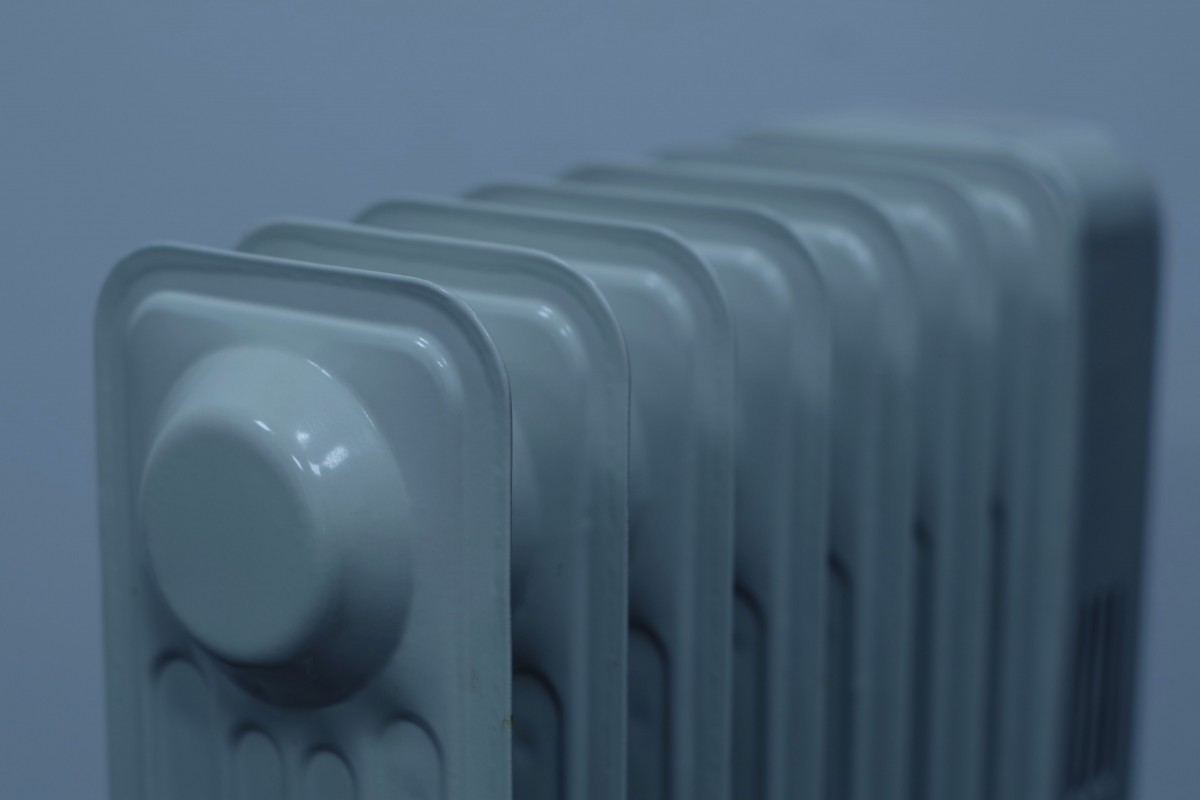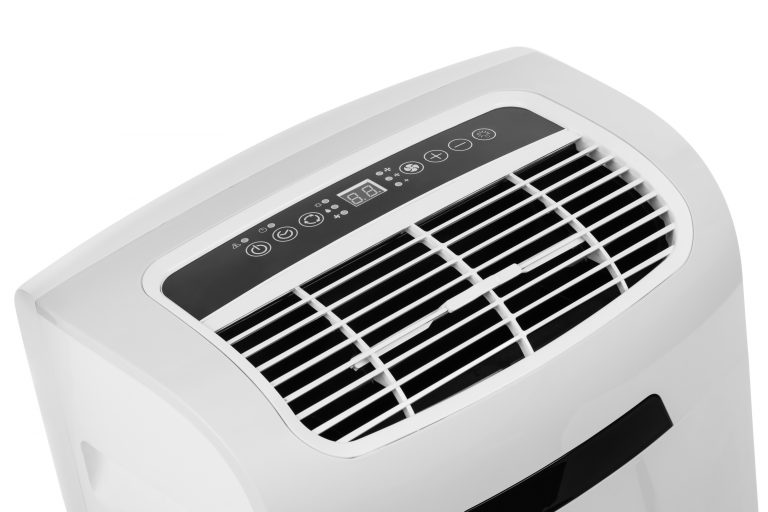What to Do If You Notice Your Water Heater Is Leaking: A Comprehensive Guide
Discovering a leak from your water heater can be a cause for concern and immediate action. Ignoring a leaking water heater can lead to significant damage to your home and potentially hazardous situations. In this comprehensive guide, we’ll discuss the steps you should take if you notice your water heater is leaking, helping you to address the issue promptly and effectively.
-
Turn Off the Power and Water Supply:
- Safety should be your top priority when dealing with a leaking water heater.
- Locate the power source for your water heater (typically a circuit breaker or gas valve) and switch it off to prevent any electrical hazards.
- Next, find the shut-off valve for the water supply to your water heater and turn it off to stop the flow of water.
-
Assess the Severity of the Leak:
- Determine the extent of the leak by observing the amount of water accumulating around the water heater.
- Check for any visible cracks, holes, or corrosion on the tank itself.
- Take note of any signs of water damage to the surrounding area, such as wet floors, walls, or ceilings.
-
Contain the Leak:
- Place a bucket or large container underneath the leaking water heater to catch any dripping water.
- If the leak is substantial, use towels or rags to soak up excess water and prevent it from spreading further.
-
Identify the Source of the Leak:
- Leaks from a water heater can originate from various sources, including the tank, fittings, valves, or pipes.
- Inspect the tank and connections carefully to determine where the leak is coming from.
- Common areas for leaks include the pressure relief valve, drain valve, inlet/outlet connections, and the bottom of the tank.
-
Temporarily Patch the Leak:
- Depending on the severity of the leak and its source, you may be able to apply a temporary patch to stop or reduce the flow of water.
- Use plumber’s tape, epoxy putty, or a pipe clamp to seal small leaks or cracks temporarily.
- Keep in mind that these are temporary solutions and should only be used as a stop-gap measure until the issue can be properly addressed.
-
Call a Professional Plumber:
- Water heater leaks often require professional expertise to diagnose and repair correctly.
- Contact a licensed plumber as soon as possible to assess the situation and provide a permanent solution.
- A qualified plumber will have the necessary tools, knowledge, and experience to repair or replace your water heater safely and efficiently.
- Depending on the age and condition of your water heater, repairing the leak may only provide a temporary fix.
- If your water heater is nearing the end of its lifespan or has experienced multiple issues, it may be more cost-effective to replace it with a new, energy-efficient model.
- Consult with your plumber to determine the best course of action based on your specific situation.
Conclusion: A leaking water heater is not something to ignore or delay addressing. By following the steps outlined in this guide, you can take the necessary actions to contain the leak, assess its severity, and seek professional assistance as needed. Remember, safety comes first, so always turn off the power and water supply before attempting any repairs. For expert plumbing services and water heater repairs, contact Elite Plumbing, Heating & Air Conditioning at 702-263-2665
SCHEDULE YOUR FREE ESTIMATE
We Provide Expert Air Conditioning Services in Las Vegas, NV










